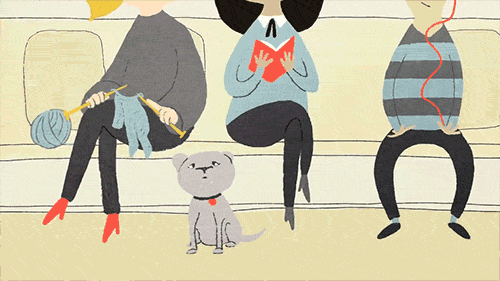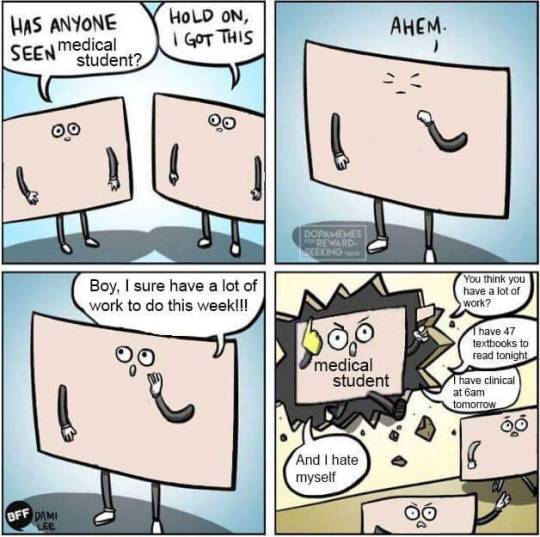Photo

Question and solution from Lecture Notes on Mathematical Olympiad Courses For Junior Section by Xu Jiagu
2K notes
·
View notes
Photo

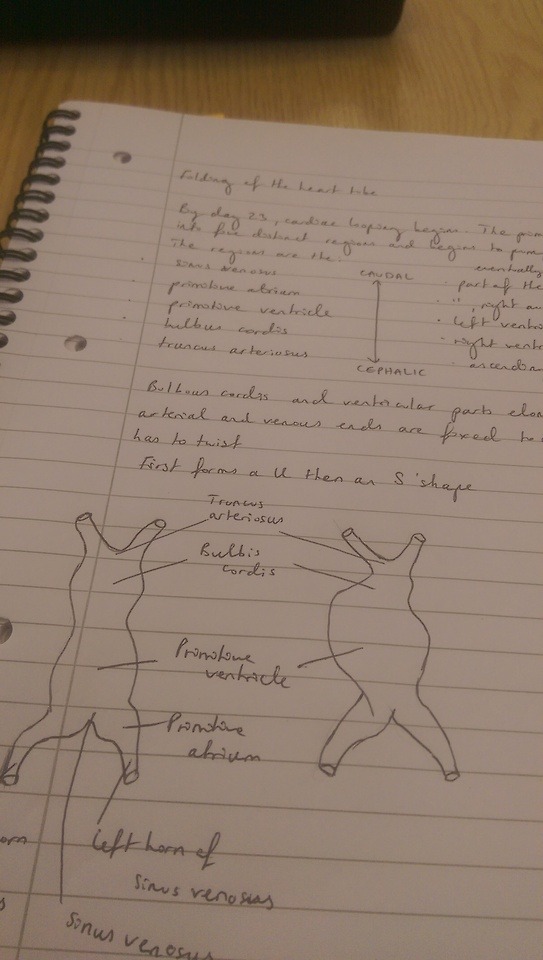
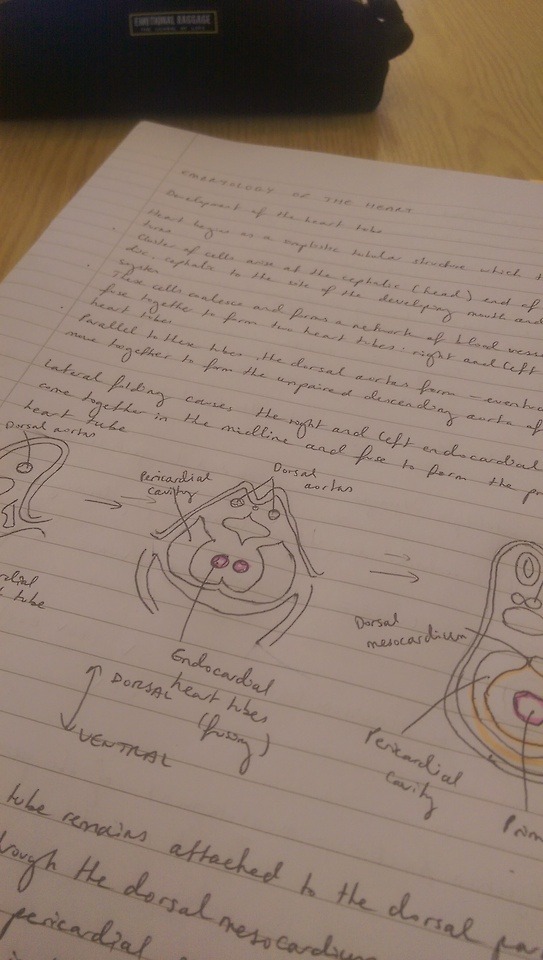

30°03°18
Yesterday I stayed in the library till closing, hoping the rain would stop (it didn’t)
#mine#i can spend £[redacted] on concert tickets but buying an umbrella?? no#studyblr#studyspo#cardiology#ph#medblr#medblog#drawing#anatomy#notes#stationery#inspiration#med school#med studyblr#med student#library
0 notes
Photo
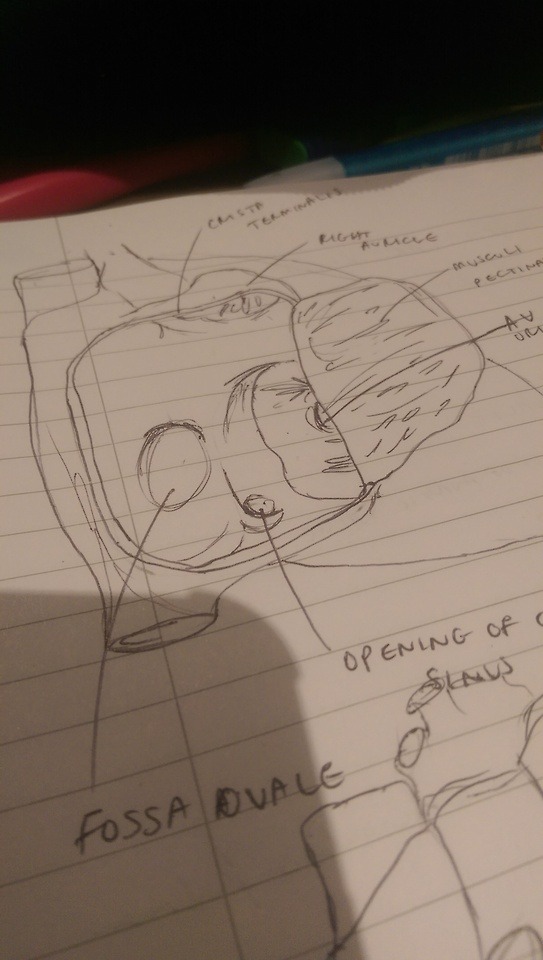
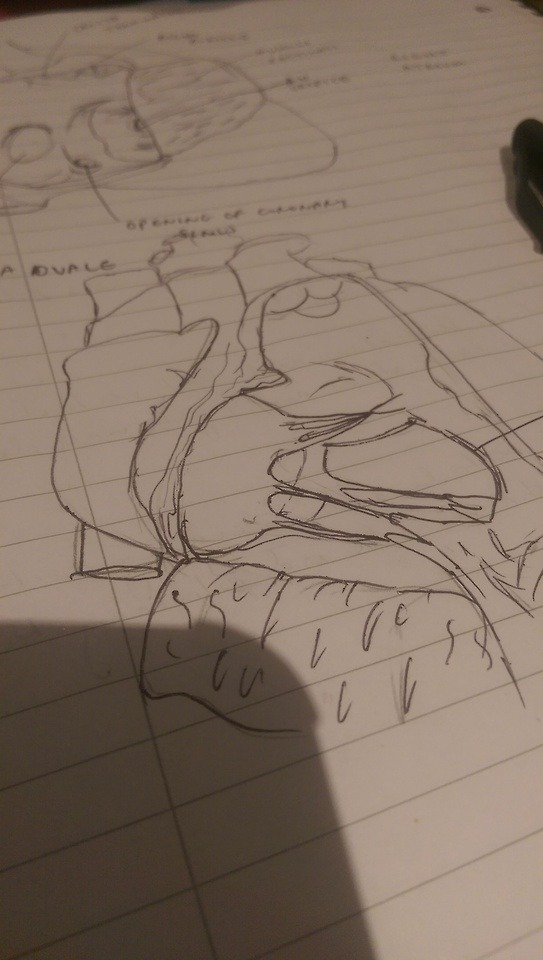
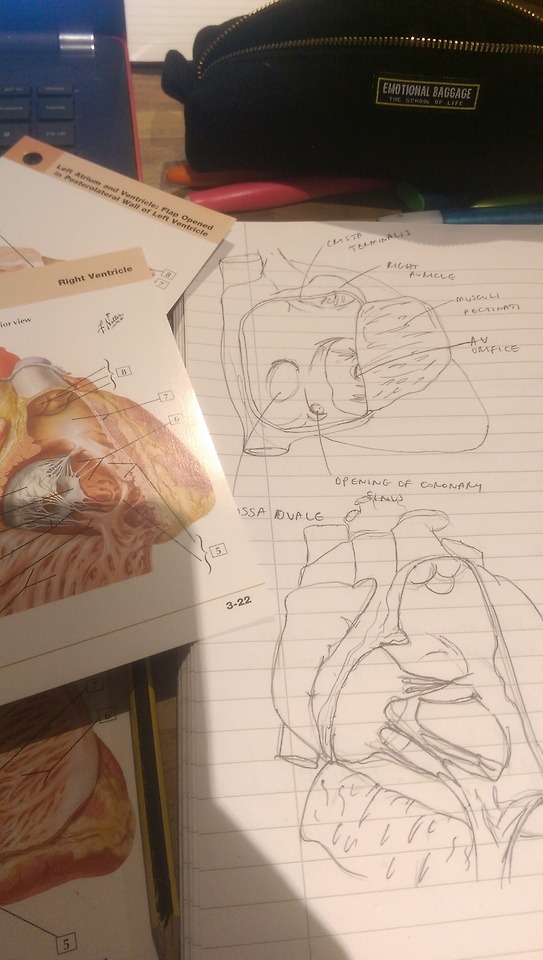
26°03°18
sleeps the entire day so decides to drink coffee (which makes me sick if i’m not careful) and start revision at 10pm :) Loving my new Netter’s flashcards
#pls validate me before I inevitably fail first year#self reblog#studyspiration#drawings#anatomy#notes#medblr#medicine#medical school#study motivation#studyspo#motivation
4 notes
·
View notes
Text
Reblog if you're a girl running a studyblr!
Love to see all my educated females out there trying their best! Remember to be grateful for your education 💝
5K notes
·
View notes
Photo



26°03°18
sleeps the entire day so decides to drink coffee (which makes me sick if i’m not careful) and start revision at 10pm :) Loving my new Netter’s flashcards
#around 10 weeks till final exams um it's not looking good lads :/#mine#ph#anatomy#cardiology#studyblr#medblr#new medblr#medicine#med student#med studyblr#studyspo#drawing#heart#stationery#university#college
4 notes
·
View notes
Text
Pet peeve: Medical students who go on about medicine being the ‘hardest’ degree and act like it’s the best, most important thing someone can do. That kind of intellectual snobbery is just so annoying. You’re not better than other people who study other subjects or do different careers.
Medicine isn’t ‘the top’ (as I’ve seen some people and posts on tumblr say), it’s a certain career path that we have chosen. Most people just don’t want to be doctors, ya know? Your ‘top’ goal may be medicine, but that doesn’t mean it’s the same for everyone.
Of course studying medicine is hard work. I find it hard, I have to study a lot, I sometimes find it difficult to balance things. But you know what I’d find harder? A physics degree. The complex science they have to learn goes way beyond what we learn in med school. Or an English degree, because I suck at writing essays. Or a nursing degree, because even in their first year they have so many hours of placement and have to do night shifts. Or going to study for a year in freaking JAPAN like my friend did. Or being a policewoman. Etc. Most career choices/degrees are hard in their own way and give different challenges.
It’s fine to be proud of studying medicine. I am. Just not so much that it blinds you to the hard work and challenges of others, and not so much that you become one of those, as we call here in Britain, ‘medic wankers’.
3K notes
·
View notes
Text
10 Traits that Lead to Success
1. Independence
2. Self-confidence
3. Persistence
4. Creative thinking
5. Being thick skinned
6. Knowing who you are and what you want from life
7. Setting clear goals – and going after them
8. Staying focused
9. Optimism
10. Passion and a zest for life.
2K notes
·
View notes
Photo
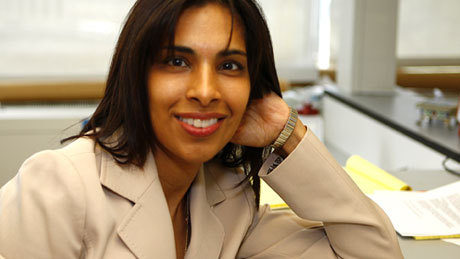
Sangeeta Bhatia (b. 1968) is an Indian American biological engineer who currently teaches at the Massachusetts Institute of Technology. Her research focuses on applications of micro- and nano-technology for tissue repair and regeneration.
She obtained her Masters and PhD from MIT, and an M.D. from Harvard Medical School. She also directs the Laboratory for Multiscale Regenerative Technologies at MIT.
465 notes
·
View notes
Photo
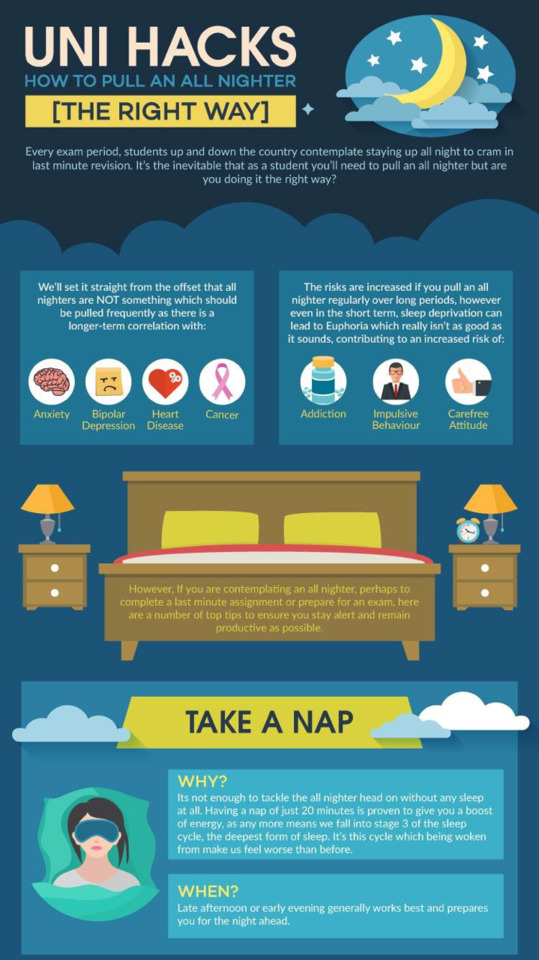
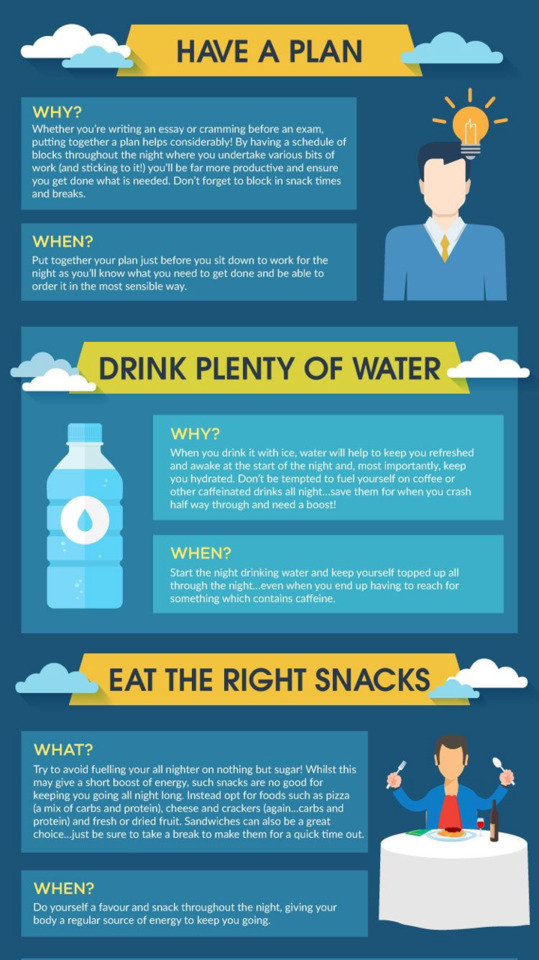
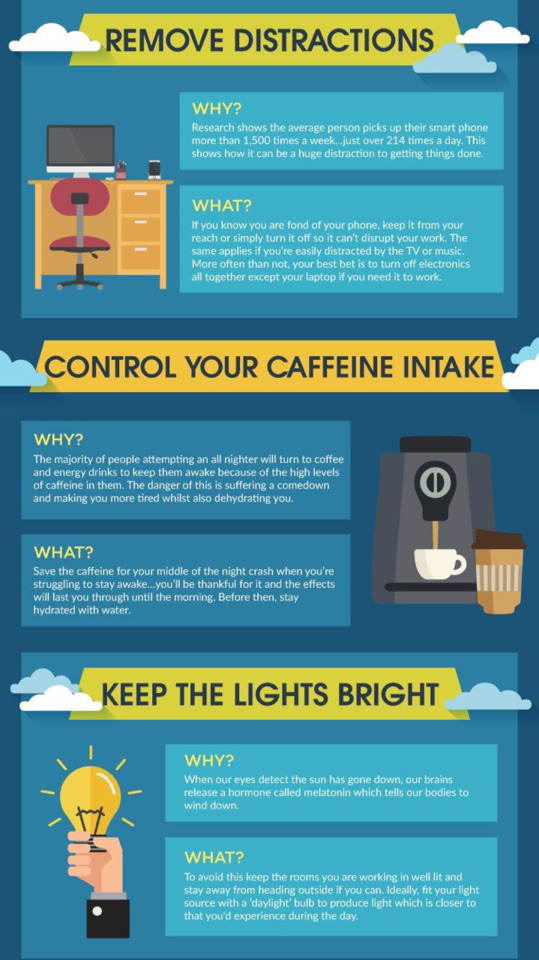

I don’t think that you should pull an all nighter but if you REALLY HAVE TO (LIKE SERIOUSLY NEED TO) here’s some tips
6K notes
·
View notes
Photo

This changed my outlook on everything
87K notes
·
View notes
Text
Me as a doctor
looks to me like you have uhhhhh
Bones.
well thanks for coming in, that’ll be seven hundred thousand dollars
21K notes
·
View notes
Text
The Science of Stage Fright
Heart racing, palms sweating, labored breathing? No, you’re not having a heart attack – it’s stage fright! If speaking in public makes you feel like you’re fighting for your life, you’re not alone. But the better you understand your body’s reaction, the more likely you are to overcome it.
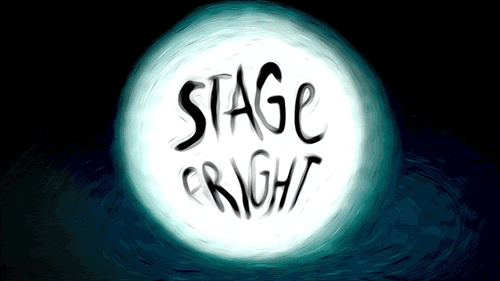
To start, understand what stage fright is. Humans, social animals that we are, are wired to worry about reputation. Public speaking can threaten it. Before a speech, you fret, “What if people think I’m awful and I’m an idiot?” That fear of being seen as an awful idiot is a threat reaction from a primitive part of your brain that’s very hard to control. It’s the fight or flight response, a self-protective process seen in a range of animals, most of which don’t give speeches.
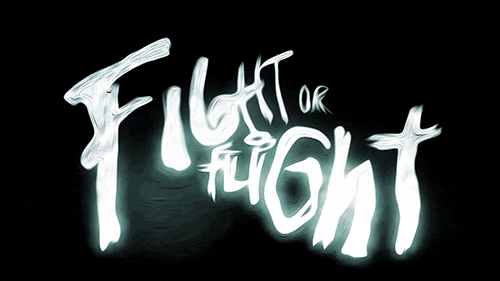
But we have a wise partner in the study of freaking out. Charles Darwin tested fight or flight at the London Zoo snake exhibit. He wrote in his diary, “My will and reason were powerless against the imagination of a danger which had never been experienced.” He concluded that his response was an ancient reaction unaffected by the nuances of modern civilization. So, to your conscious modern mind, it’s a speech. To the rest of your brain, built up to code with the law of the jungle, when you perceive the possible consequences of blowing a speech, it’s time to run for your life or fight to the death.
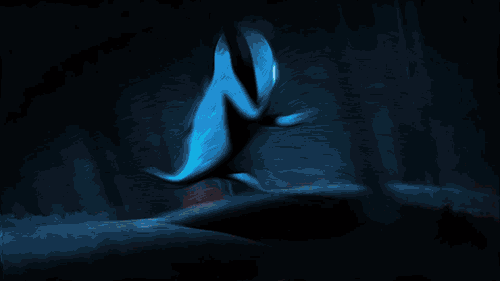
Your hypothalamus, common to all vertebrates, triggers your pituitary gland to secrete the hormone ACTH, making your adrenal gland shoot adrenaline into your blood. Your neck and back tense up, you slouch. Your legs and hands shake as your muscles prepare for attack. You sweat. Your blood pressure jumps. Your digestion shuts down to maximize the delivery of nutrients and oxygen to muscles and vital organs, so you get dry mouth, and butterflies. Your pupils dilate, so it’s hard to read anything up close, like your notes, but long range is easy. That’s how stage fright works.
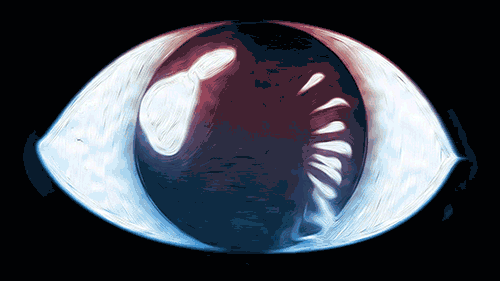
How do we fight it? First, perspective. This isn’t all in your head. It’s a natural, hormonal, full body reaction by an autonomic nervous system on autopilot. And genetics play a huge role in social anxiety. John Lennon played live thousands of times. Each time he vomited beforehand. Some people are just wired to feel more scared performing in public.
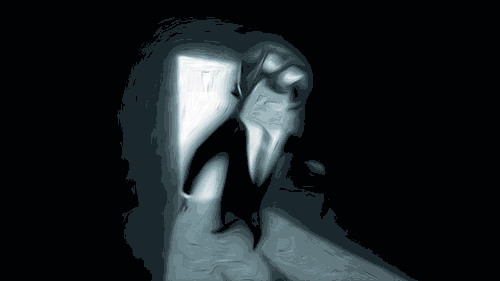
Since stage fright is natural and inevitable, focus on what you can control. Practice a lot, starting long before in an environment similar to the real performance. Practicing any task increases your familiarity and reduces anxiety, so when it’s time to speak in public, you’re confident in yourself and the task at hand. Steve Jobs rehearsed his epic speeches for hundreds of hours, starting weeks in advance. If you know what you’re saying, you’ll feed off the crowd’s energy instead of letting your hypothalamus convince your body it’s about to be lunch for a pack of predators.
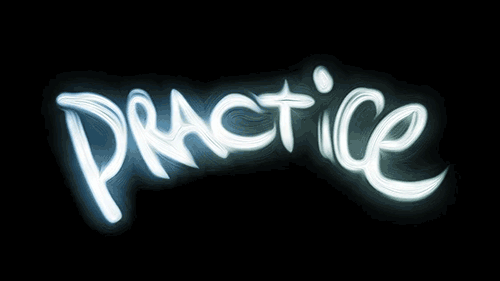
But hey, the vertebrate hypothalamus has had millions of years more practice than you. Just before you go on stage, it’s time to fight dirty and trick your brain. Stretch your arms up and breath deeply. This makes your hypothalamus trigger a relaxation response. Stage fright usually hits hardest right before a presentation, so take that last minute to stretch and breathe. You approach the mic, voice clear, body relaxed. Your well-prepared speech convinces the wild crowd you’re a charismatic genius. How? You didn’t overcome stage fright, you adapted to it. And to the fact that no matter how civilized you may seem, in part of your brain, you’re still a wild animal.
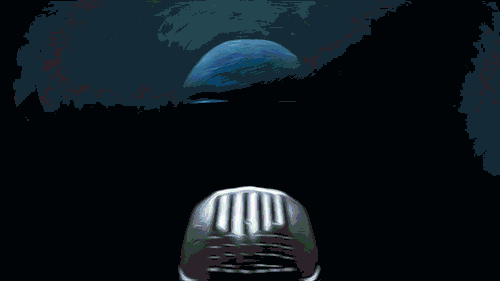
A profound, well-spoken wild animal.
From the TED-Ed Lesson The science of stage fright (and how to overcome it) - Mikael Cho
Animation by KAPWA Studioworks
#sweet#having to do any type of performance makes me wanna kms if i haven't practised it to death#physiology
443 notes
·
View notes
Text
hewwo! i will be youw suwgeon today! intewnal bweeding you say? let’s make ouw fiwst wittle incision
168K notes
·
View notes
Text
Dr James Barry, the first doctor to perform a successful C section wherein both mother and child survived, was a huge champion of handwashing at a time when most doctors didn’t wash their hands. For this reason, many of the chilldbirths he delivered resulted in healthier babies and mothers. He was also a gay trans man, who specifically wrote that upon his death he wished for his body to be taken in its nightshirt, wrapped in his sheets as a shroud, and placed into the coffin so that nobody would see his body. His wishes were not respected, and as a result he was outed at his death.
309K notes
·
View notes
Photo
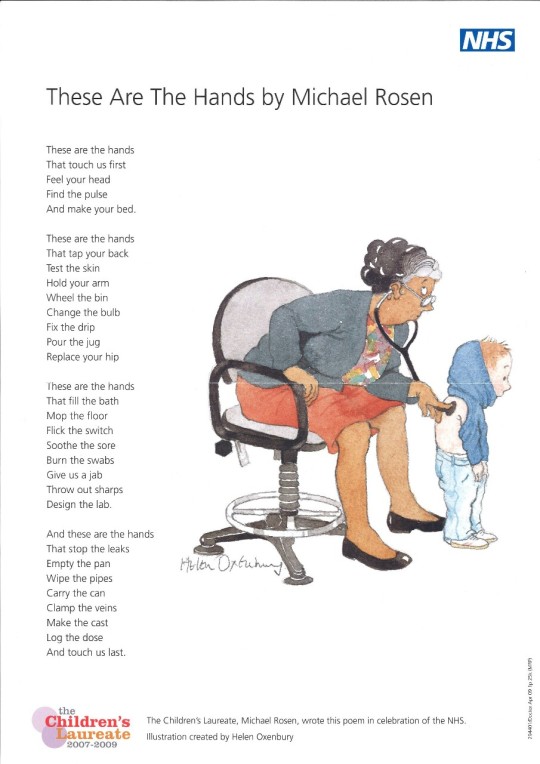
These are the hands
These are the hands
That touch us first
Feel your head
Find the pulse
And make your bed.
These are the hands
That tap your back
Test the skin
Hold your arm
Wheel the bin
Change the bulb
Fix the drip
Pour the jug
Replace your hip.
These are the hands
That fill the bath
Mop the floor
Flick the switch
Soothe the sore
Burn the swabs
Give us a jab
Throw out sharps
Design the lab.
And these are the hands
That stop the leaks
Empty the pan
Wipe the pipes
Carry the can
Clamp the veins
Make the cast
Log the dose
And touch us last.
Several years ago, Children’s Laureate Michael Rosen wrote this poem to celebrate 60 years of the NHS. It remains as true now as it was then. The NHS is the sum of all those who dedicate their lives to it, millions of workers doing all sorts of jobs from open heart surgery to disinfecting the floors every night. I can’t think of a better tribute.
259 notes
·
View notes
